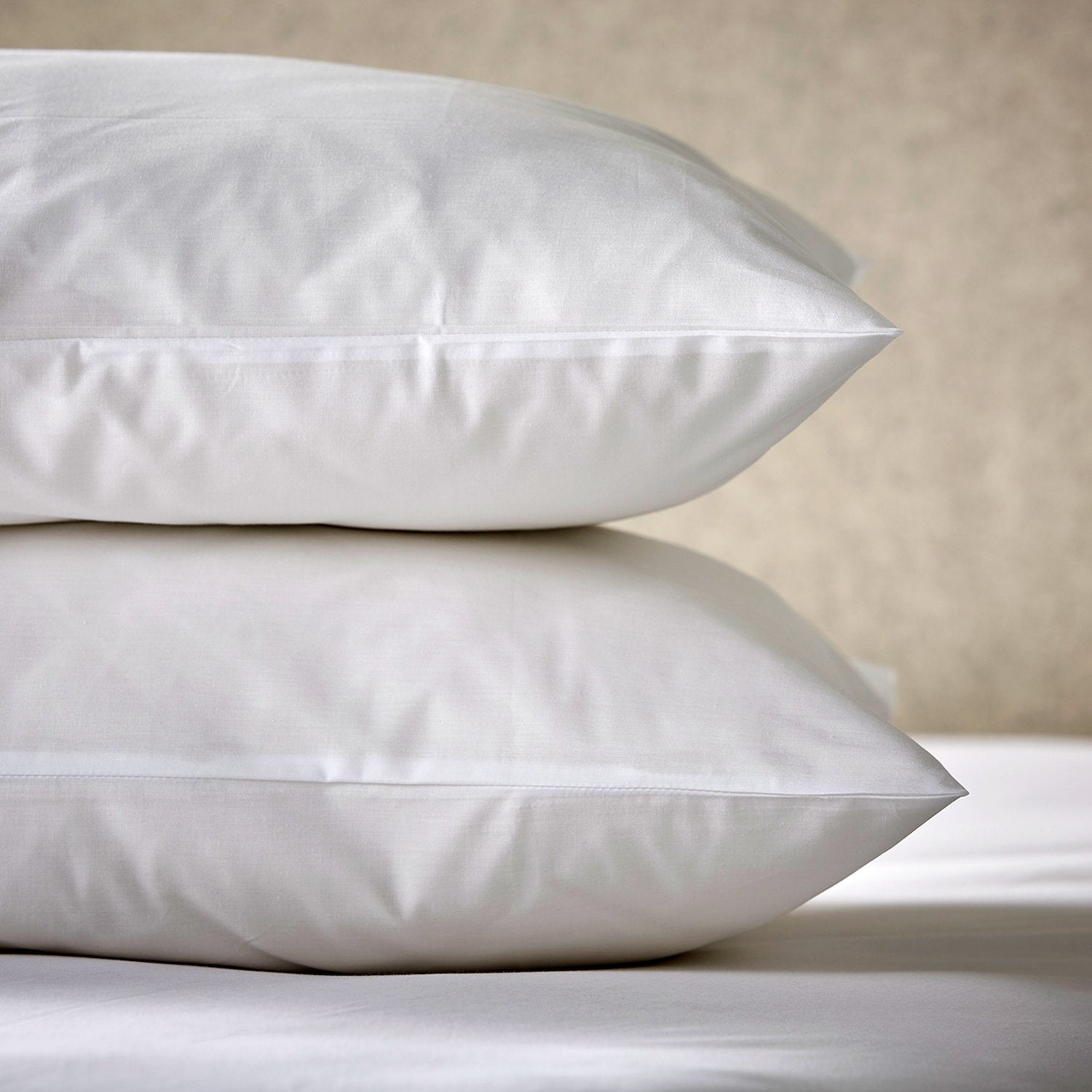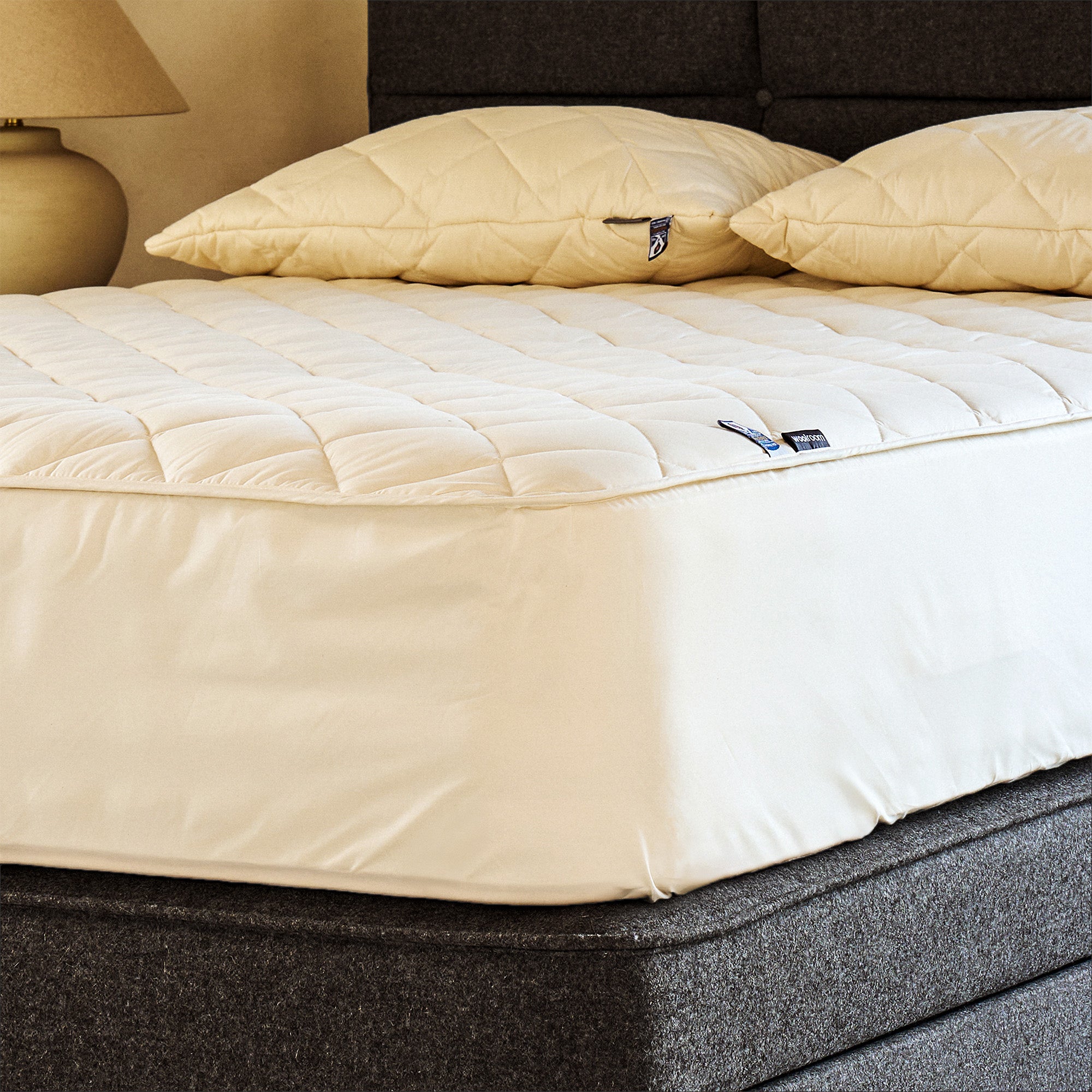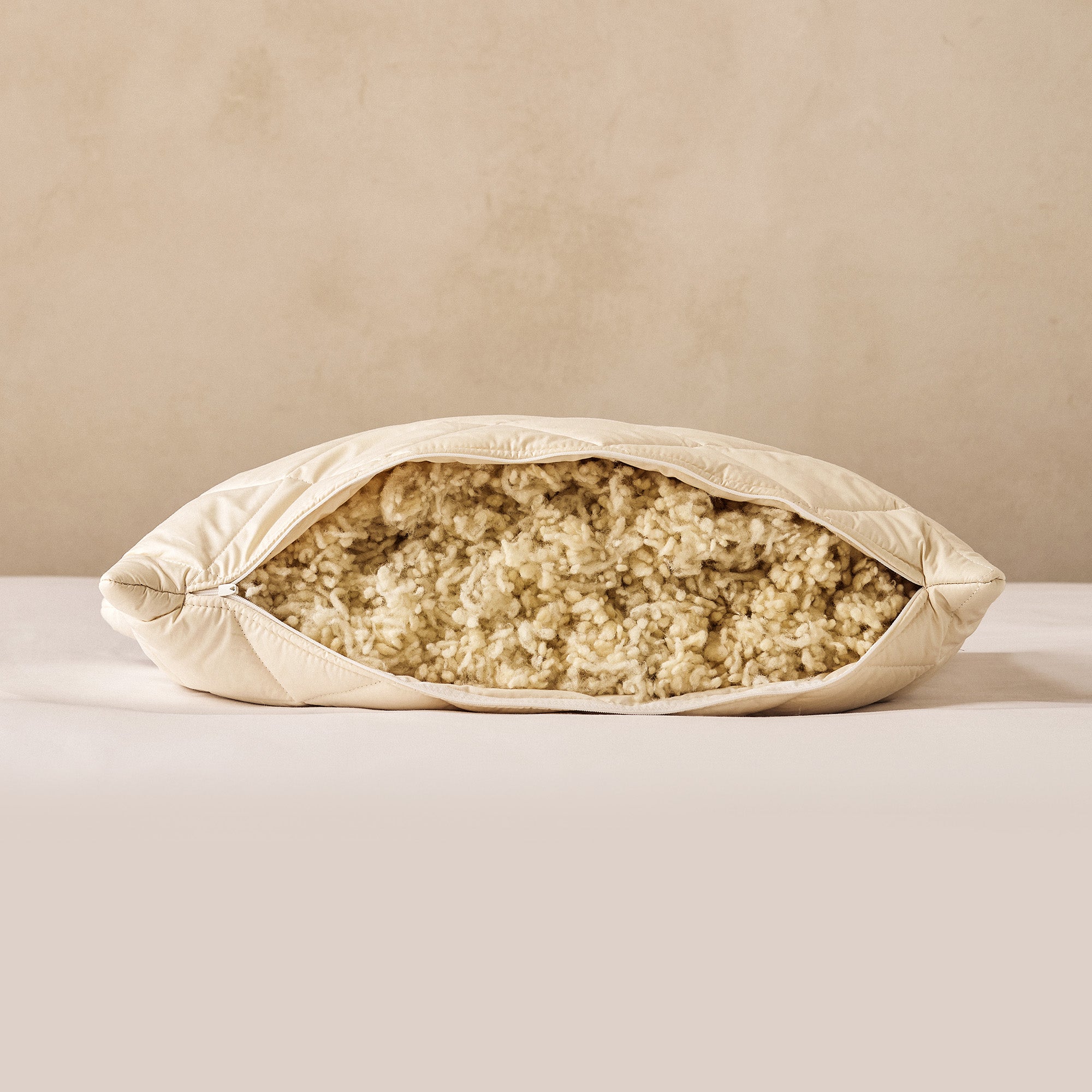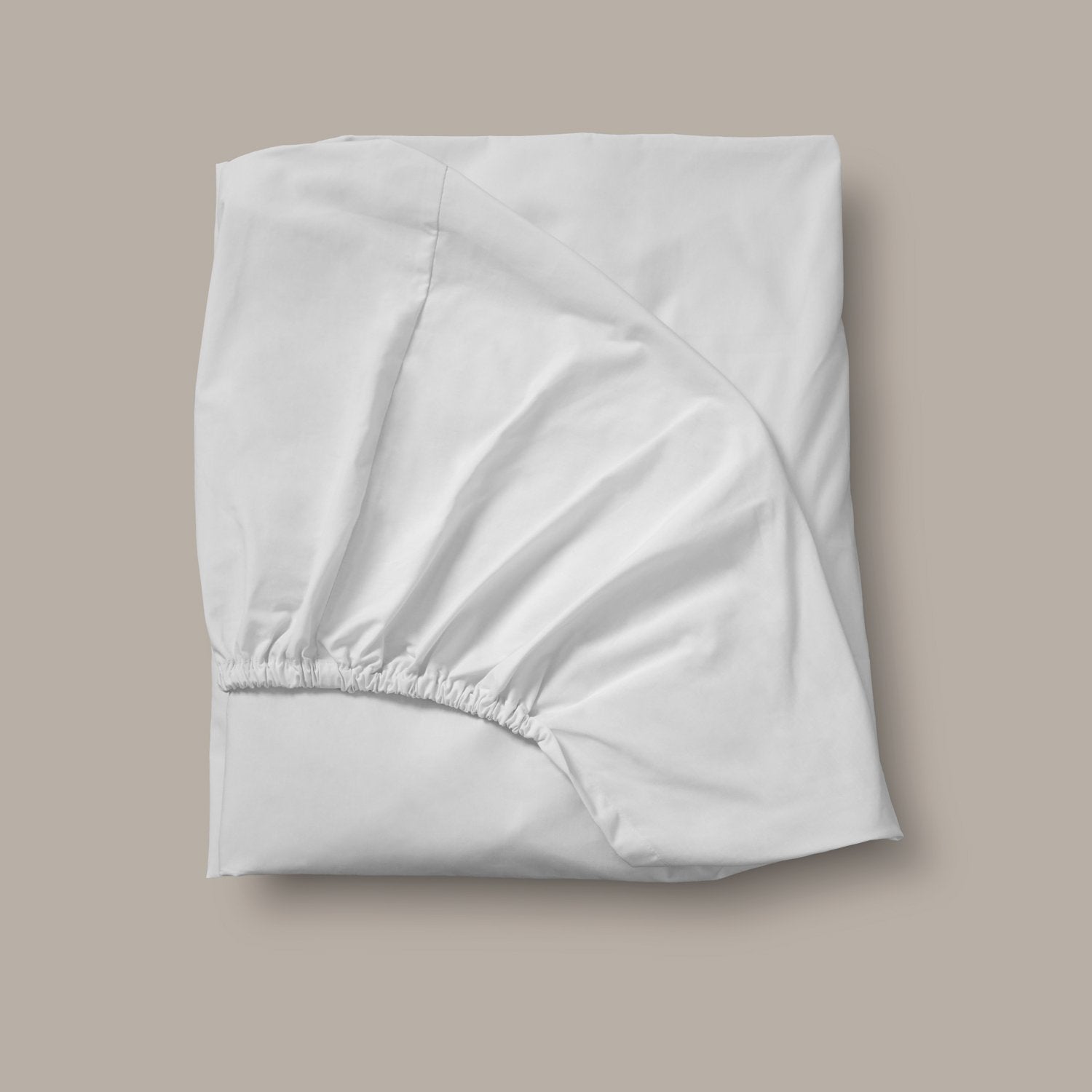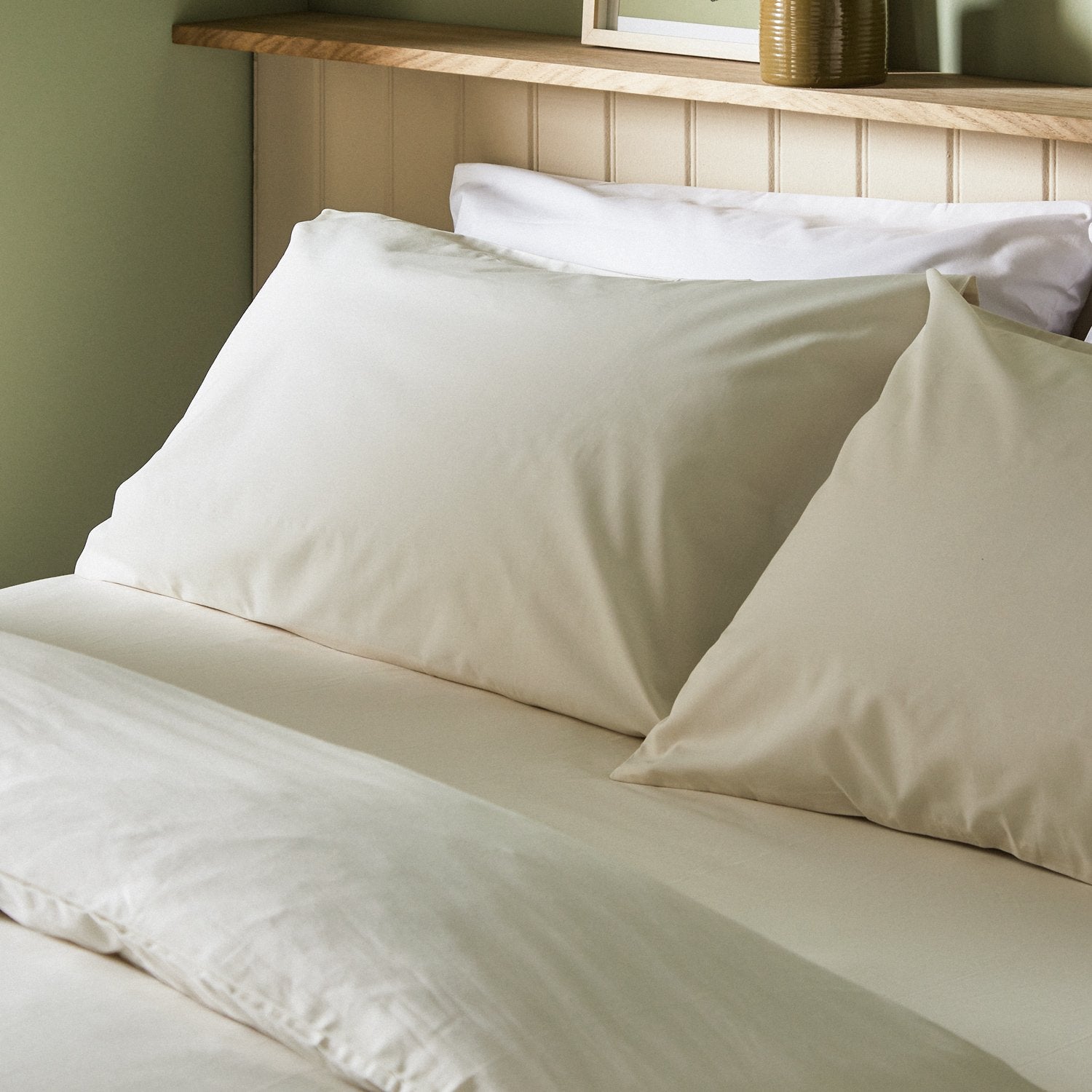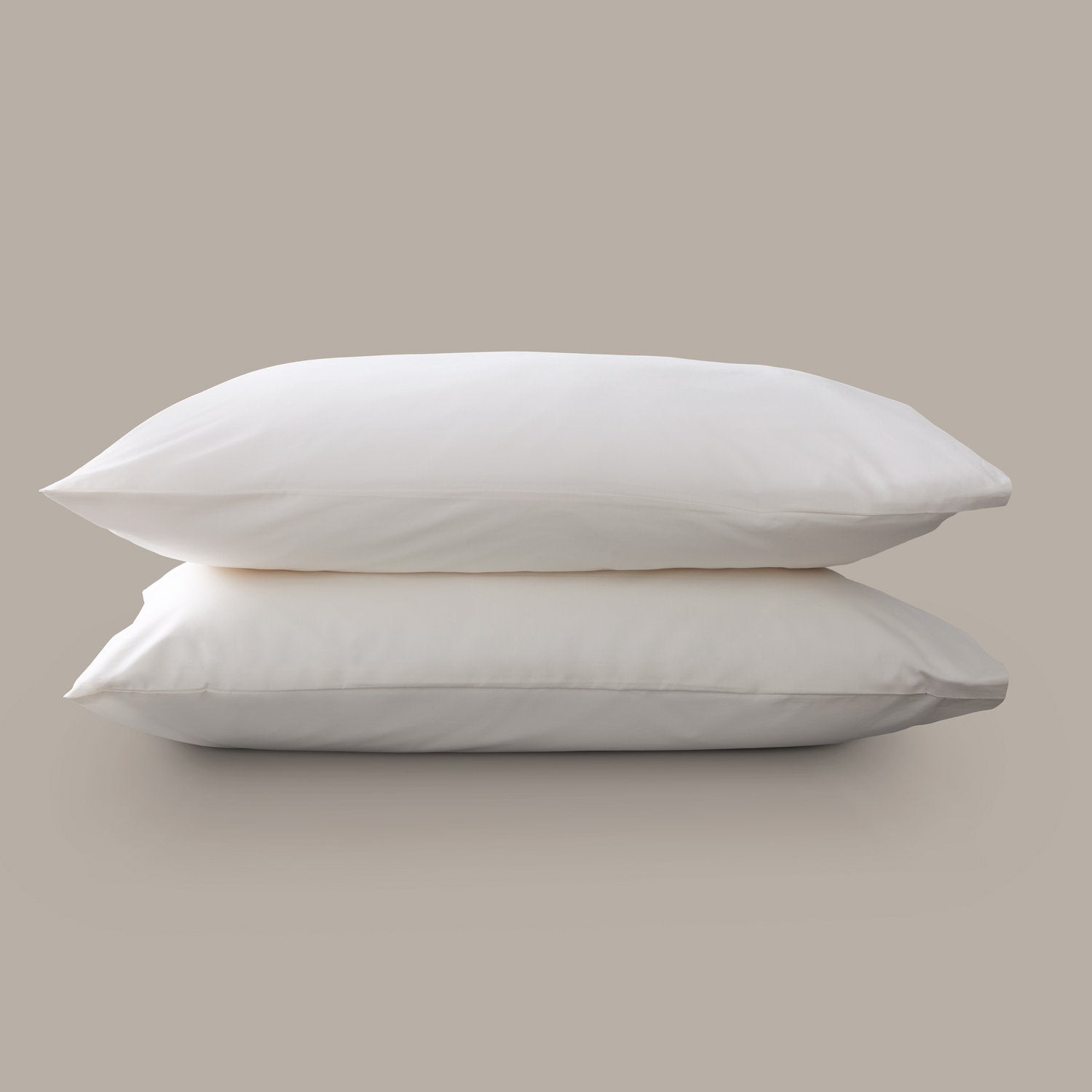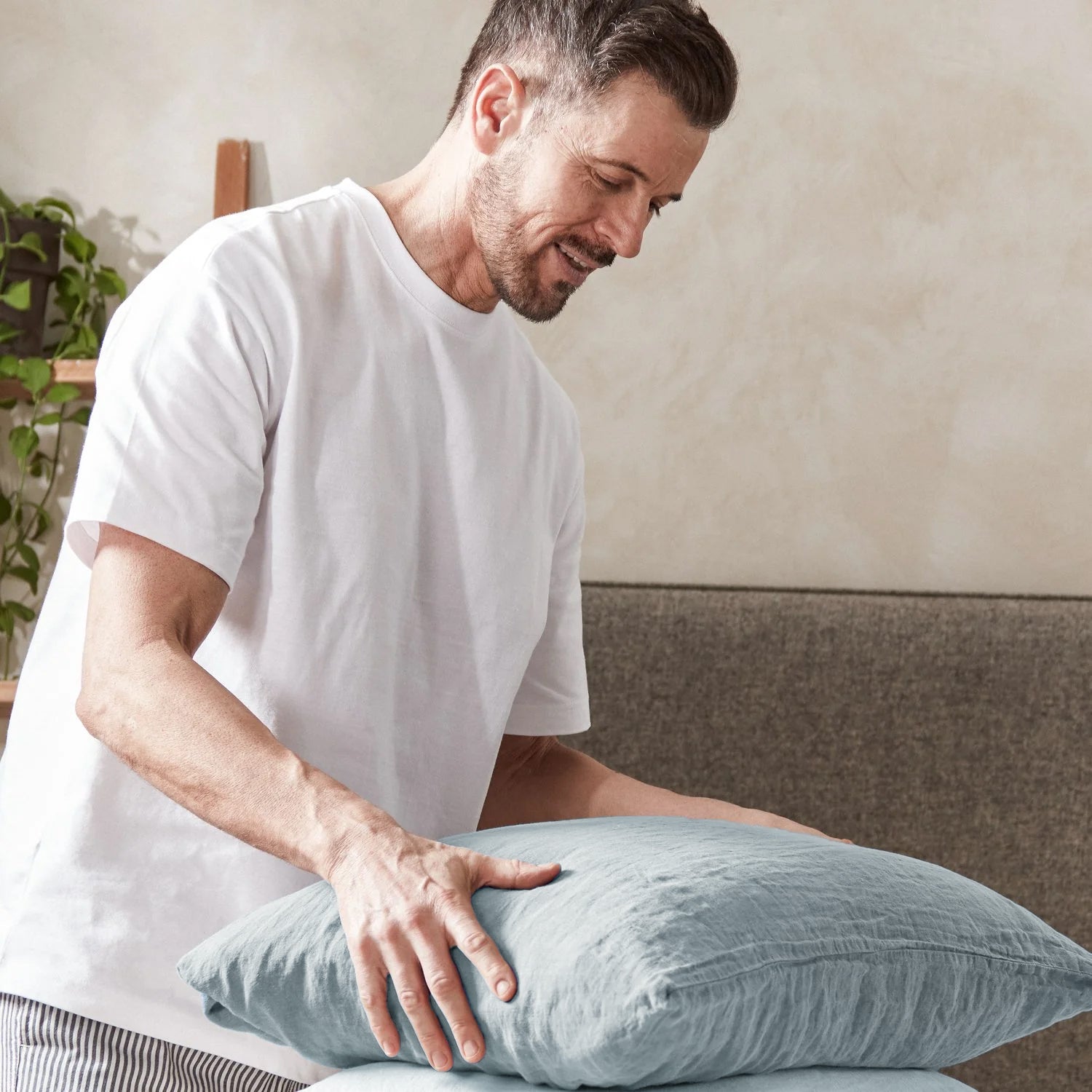If you’ve ever found yourself staring at the ceiling after a workout, you’re not alone. Post-exercise insomnia is a common struggle. The physical effects of exercise can leave your body and mind too active to unwind, making it tough to get the rest you need. The good news is that there are simple steps you can take to improve your sleep after exercise, and it all starts with understanding how your body reacts to physical activity. In this guide, we’ll explore the reasons behind post-workout sleep disruptions and share practical tips to help you fall asleep faster and enjoy deeper, more restorative rest.
Why Can’t You Sleep After Exercise?
Exercise is great for your body, but it has a range of effects that can interfere with sleep. Trying to sleep too soon after exercise can mean you spend the night tossing and turning and hoping to drift off. Here’s why you might be struggling to get some shut eye:
1. Hormones: Many people struggle to sleep after working out because of elevated cortisol, endorphins, and adrenaline. While these hormones help you feel energised and alert, they can also make it difficult for your body to wind down.
2. Stress: Both stress and exercise can cause nocturnal hypoglycaemia (alongside insulin use and alcohol consumption). When your blood sugar levels decline, your perspiration levels increase – causing night sweats and headaches that can cause you to wake in the night. Find out more about the issues related to stress and sleep.
3. Elevated Body Temperature: When you exercise, your body temperature rises. This can leave you feeling too warm to sleep comfortably. It typically takes several hours for your body to return to its normal temperature, which can make it harder to fall asleep after a workout.
4. Active Mind: Physical exertion can also leave your mind racing, especially if you’ve had a particularly intense or challenging workout. That post-workout euphoria is great, but it can keep your brain from shifting into rest mode.
If you continue to experience difficulty sleeping after exercise, speak to your doctor for advice.

Effective Post Workout Insomnia Remedies
If you can’t sleep after working out there are several remedies, you can try to make sure you get the rest you need:
1. Give Yourself Time to Cool Down
One of the easiest ways to prepare your body for sleep after exercise is to give it time to cool down. High-intensity exercise can leave your heart rate elevated and your body temperature high. Ideally, you should aim to finish any strenuous activity at least 3 hours before bed to give your body time to recover and return to its resting state.
2. Incorporate Relaxation Techniques
If your mind is still buzzing after a workout, try using relaxation techniques like deep breathing or gentle stretching. These can help reduce cortisol levels and calm your nervous system, making it easier for your body and mind to relax before bed.
3. Mind Your Sleep Environment
Your bedroom should be a sanctuary for rest, especially after a workout. Make sure your room is cool, dark, and quiet to create an ideal sleeping environment. If you find that you still feel too warm during the night, consider breathable bedding options that help regulate temperature and wick away moisture, which can promote a more comfortable post workout sleep experience.
4. Avoid Stimulants
Caffeine and other stimulants can disrupt your sleep cycle. It’s best to avoid consuming these, especially in the hours leading up to bedtime. Be mindful of hidden sources of caffeine, such as energy drinks or even chocolate.
If you feel sleepy after a workout but still struggle to fall asleep, this is a sign that your body needs additional recovery.
Lifestyle Changes for Better Post-Workout Sleep
If you're consistently struggling to sleep after exercise, consider making a few adjustments to your lifestyle:
- Exercise Timing: Try to schedule your workouts earlier in the day, allowing your body time to relax and cool down before bedtime.
- Stay Hydrated: Dehydration can interfere with your ability to fall asleep. Make sure to drink enough water throughout the day and after your workout.
- Avoid Heavy Meals Before Bed: Eating large meals or spicy foods late in the evening can lead to discomfort and prevent restful sleep. Instead, opt for a light snack if you’re hungry before bed.




